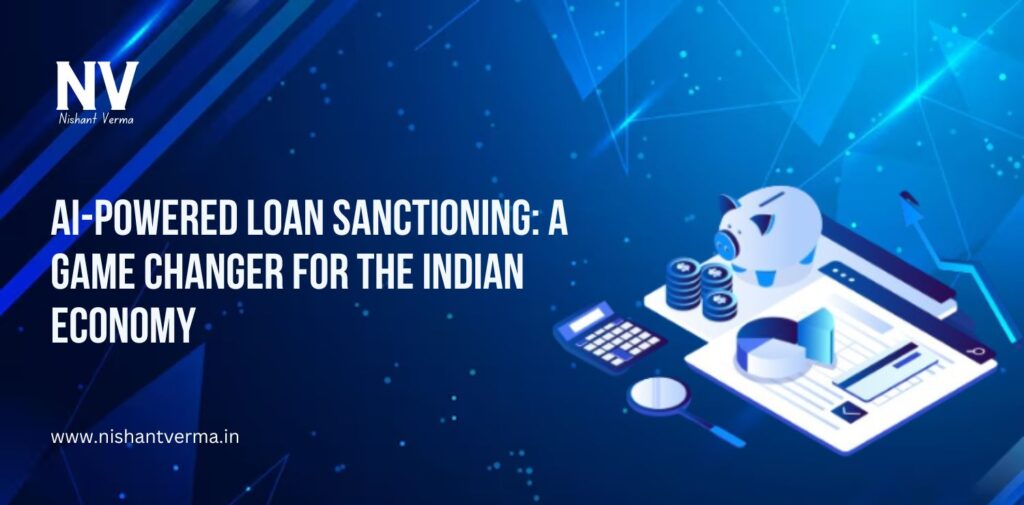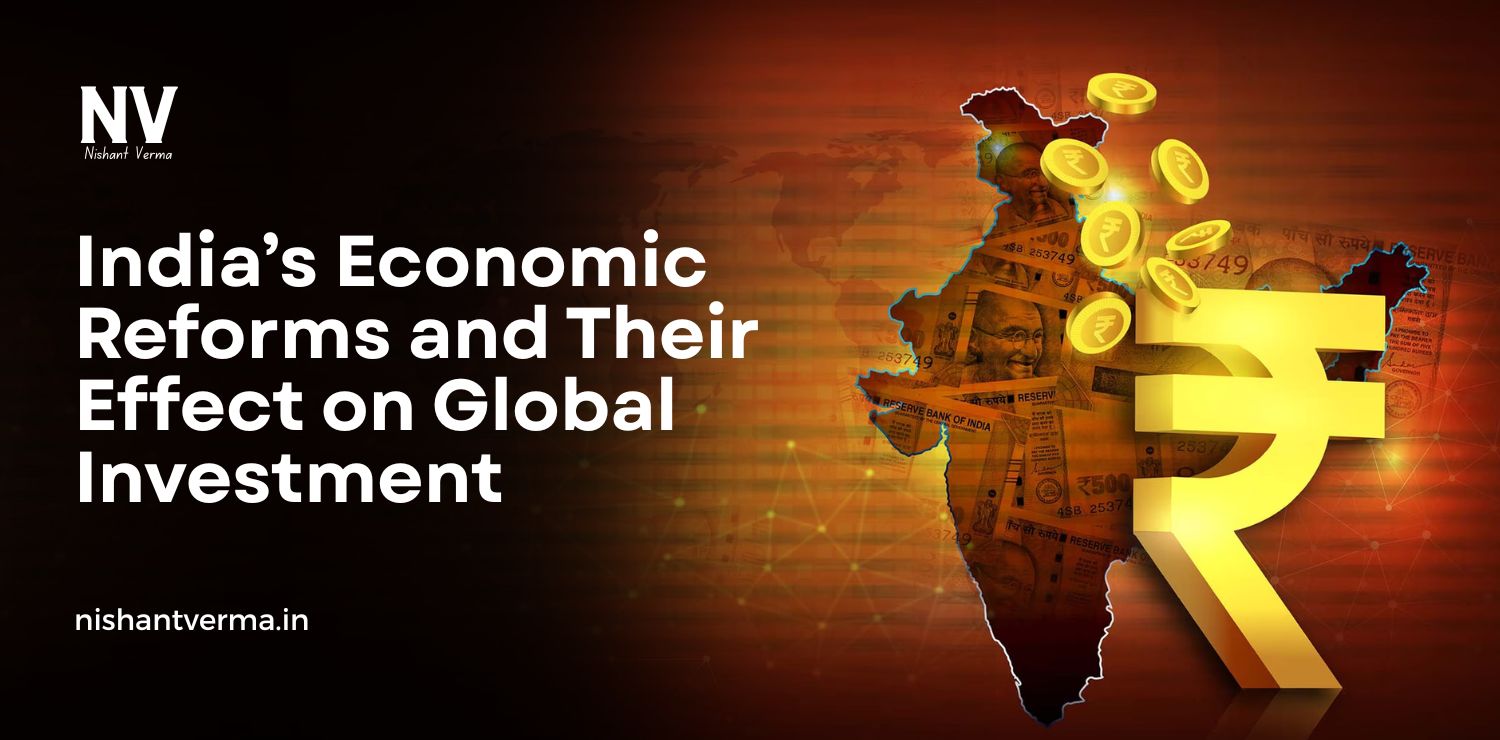Artificial Intelligence (AI) is increasingly becoming a cornerstone of technological innovation across various industries worldwide. In India, the financial sector is now poised to embrace this transformative technology in a significant way. The Reserve Bank of India (RBI) Governor Shaktikanta Das has recently highlighted the potential of AI in the loan sanctioning process, a move that could revolutionize the banking industry and bring about substantial benefits for the Indian economy.
The Current State of Loan Sanctioning in India
Traditionally, loan sanctioning in India has been a manual, time-consuming process. It requires extensive paperwork, multiple rounds of verification, and a significant amount of human intervention. This process, while thorough, is often slow and susceptible to human errors, leading to delays and, in some cases, incorrect assessments. These inefficiencies have long been a bottleneck for both borrowers and financial institutions, hindering the overall growth of the credit market in India.
Moreover, the traditional methods are not always inclusive, as they often rely on credit histories that many first-time borrowers in India lack. This has been a significant barrier for individuals and small businesses seeking credit, particularly in rural and semi-urban areas. The introduction of AI into this space could be a game changer, addressing these challenges and bringing about a more efficient, inclusive, and transparent system.
The Role of AI in Loan Sanctioning
AI, with its ability to analyze vast amounts of data quickly and accurately, can streamline the loan sanctioning process. By utilizing advanced algorithms and machine learning models, AI can assess a borrower’s creditworthiness in real-time, taking into account not just their credit history, but a wide range of other factors. These may include transaction patterns, spending behavior, social media activity, and even psychometric analysis. This holistic approach to credit assessment is likely to be more accurate and fairer, especially for those who have been excluded from the traditional banking system.

One of the key advantages of AI in loan sanctioning is its ability to reduce the time required for approval. What currently takes days or even weeks could be reduced to mere minutes with AI-driven processes. This speed is particularly beneficial for small businesses and individuals who need quick access to funds, thereby supporting entrepreneurship and economic growth.
Positive Impacts on the Indian Economy
The integration of AI into the loan sanctioning process is expected to have a myriad of positive impacts on the Indian economy. Here are some of the most significant ones:
Increased Financial Inclusion: One of the most profound benefits of AI in loan sanctioning is its potential to enhance financial inclusion. In India, a large portion of the population still lacks access to formal financial services. Traditional credit assessment methods often exclude individuals and small businesses without established credit histories. AI can overcome this barrier by analyzing alternative data sources, allowing banks to extend credit to previously underserved segments of the population. This increased access to credit can empower small businesses, promote entrepreneurship, and uplift economically weaker sections of society.
Boost to the MSME Sector: The Micro, Small, and Medium Enterprises (MSME) sector is a critical pillar of the Indian economy, contributing significantly to employment and GDP. However, the sector has often struggled with limited access to credit due to stringent traditional lending criteria. AI can address this issue by providing a more accurate assessment of an MSME’s creditworthiness, taking into account non-traditional data points such as business cash flow, supplier transactions, and digital footprint. This could lead to a surge in credit availability for MSMEs, enabling them to expand, innovate, and contribute more effectively to the economy.

Reduction in Non-Performing Assets (NPAs): Non-Performing Assets (NPAs) have been a significant challenge for Indian banks, affecting their profitability and stability. A large portion of NPAs arises from poor credit assessment and monitoring processes. AI can help mitigate this risk by providing a more accurate and dynamic assessment of borrowers’ financial health. By continuously analyzing data, AI can predict potential defaults and flag risky loans before they turn into NPAs. This proactive approach could significantly reduce the incidence of NPAs, strengthening the banking sector’s balance sheets and boosting investor confidence.
Enhanced Customer Experience: AI-driven loan sanctioning processes can greatly enhance the customer experience. The speed and accuracy of AI mean that borrowers can receive loan approvals in a matter of minutes, rather than days or weeks. Additionally, AI can personalize loan offerings based on individual customer profiles, ensuring that borrowers receive terms that best suit their needs. This level of personalization and efficiency can improve customer satisfaction and loyalty, encouraging more people to engage with the formal banking sector.
Support for Digital India Initiatives: The Indian government has been actively promoting digitalization across various sectors, and AI-powered loan sanctioning aligns perfectly with these efforts. By leveraging AI, banks can offer fully digital loan processes, reducing the need for physical paperwork and in-person visits to branches. This not only makes the process more convenient for customers but also supports the broader Digital India initiative, which aims to make government services more accessible and efficient through digital means.
Challenges and Considerations
While the benefits of AI in loan sanctioning are substantial, there are also challenges that need to be addressed to fully realize its potential.
Data Privacy and Security: The use of AI involves collecting and analyzing large amounts of data, raising concerns about data privacy and security. Banks and financial institutions must ensure that they have robust systems in place to protect customer data from breaches and misuse. Additionally, there needs to be transparency in how AI algorithms make decisions, to avoid any bias or unfair treatment of borrowers.

Regulatory Framework: As AI becomes more integrated into financial services, there will be a need for a clear regulatory framework to govern its use. The RBI and other regulatory bodies will need to establish guidelines on the ethical use of AI, ensuring that it is used responsibly and does not lead to any unintended consequences. This includes addressing issues such as algorithmic bias and ensuring that AI-driven decisions are subject to human oversight.
Skilling the Workforce: The adoption of AI in loan sanctioning will require a workforce that is skilled in using and managing these new technologies. Banks and financial institutions will need to invest in training and upskilling their employees to ensure they can effectively work alongside AI systems. This is particularly important for maintaining the quality of customer service and ensuring that AI is used to complement, rather than replace, human expertise.
Conclusion
The introduction of AI-Powered Loan Sanctioning process marks a significant step forward for the Indian banking sector. By enhancing the speed, accuracy, and inclusiveness of credit assessments, AI has the potential to unlock new opportunities for millions of individuals and businesses across the country. The positive impact on financial inclusion, the MSME sector, and overall economic growth could be profound, helping to propel India towards its goal of becoming a $5 trillion economy.
However, realizing these benefits will require careful consideration of the challenges associated with AI, particularly in terms of data privacy, regulation, and workforce development.




